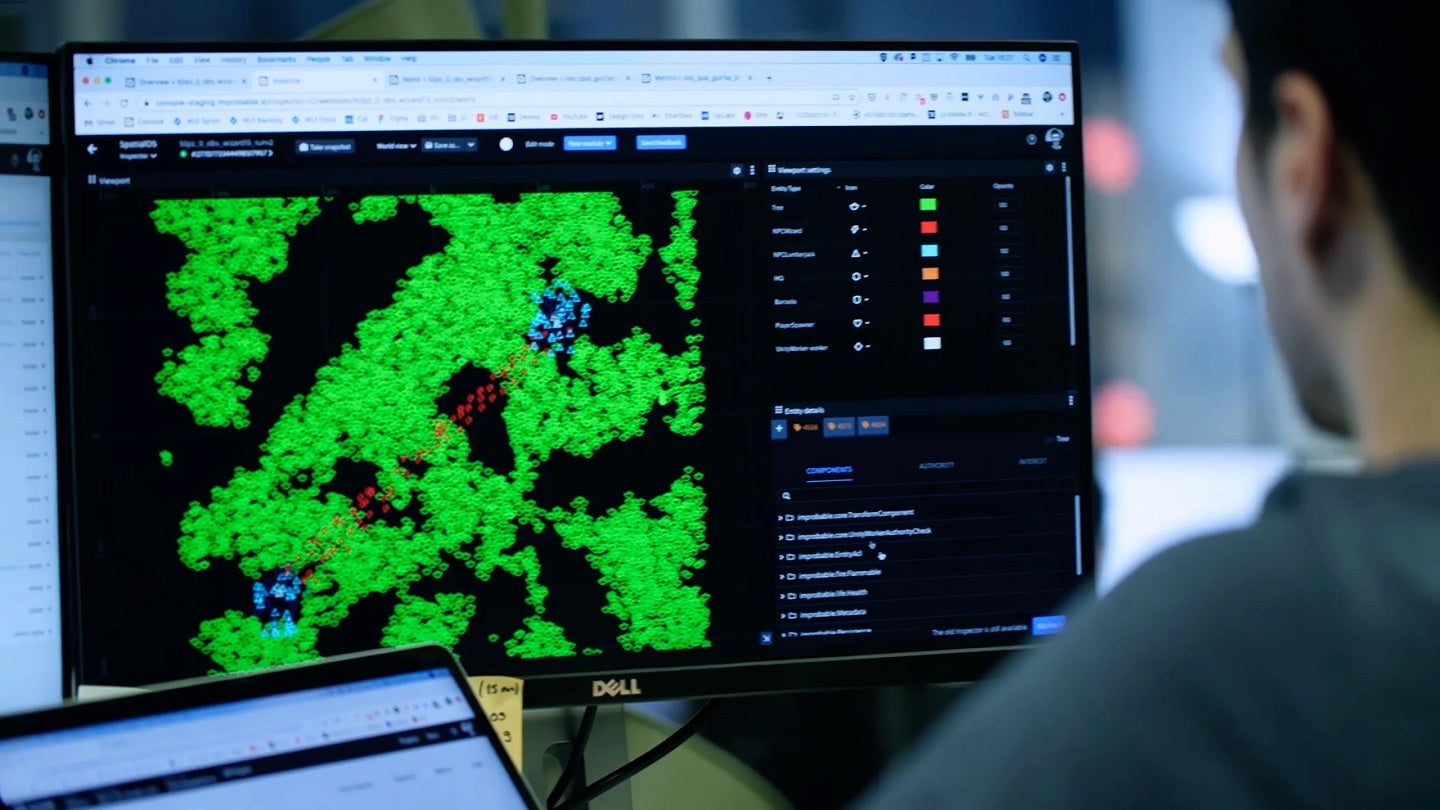
The London-based metaverse start-up, Improbable, announced on 5 June that it would sell its defence business to a group of investors led by NOIA Capital – a Luxembourg-based asset manager.
The transaction will include the transfer of around 70 engineers and modellers, as well as ongoing contracts with the UK’s Ministry of Defence (MoD), amongst other business interests.

Discover B2B Marketing That Performs
Combine business intelligence and editorial excellence to reach engaged professionals across 36 leading media platforms.
The software company has won a series of lucrative MoD contracts over the past few years, having been selected to provide a next-generation digital twin network in 2021 and a “Single Synthetic Environment” technology (a metaverse) in 2020. These contracts form part of £300m invested by the ministry to support its digital transformation objectives.
Across the two central themes of “data” and “technology”, the ministry has awarded contracts totalling £132.4m in value.
According to official UK corporate figures, Improbable’s defence sector is the only part of the business that is yet to turn a profit. Improbable’s losses for 2021 – the most recently available figures on Companies House – totalled £149m.
A spokesperson told Army Technology that the company defence business segment had been restructured prior to the sale to bring it to profitability.

US Tariffs are shifting - will you react or anticipate?
Don’t let policy changes catch you off guard. Stay proactive with real-time data and expert analysis.
By GlobalDataThe deal follows a series of layoffs in December 2022, when 95 people were made redundant from Improbable’s defence sector team, as the company took actions to accelerate its journey towards profitability.
The company’s defence platform, Skyral, is based on the same technology as its metaverse technology, M2, and allows for the creation of complex synthetic environments. Improbable says: “Skyral is field tested and can be hosted and deployed wherever it’s needed, from hyper-scale cloud on sovereign soil to the bandwidth-denied environments of the battlefield.”
Peter Lipka, COO of Improbable, said: “We are very confident that with the support of NOIA, the business is on a great path moving forward to being one of the first new prime contractors in decades in the UK market. Improbable continues to transform to deepen its focus on the metaverse.”
Muhammed Yesilhark, CIO of NOIA Capital, said: “Our world grows more complex every day and will require data-driven decision-making tools to better navigate through this complexity. In parallel, digital twin synthetic environments emerge as yet another milestone for digital transformation. This talented team has developed a technology uniquely positioned at the intersection of those two interconnected trends, both for defence and enterprise applications.”
A growing metaverse defence market
Data analytics firm GlobalData estimates that the metaverse will generate $627bn in revenue by 2030, expanding at a compound annual growth rate of 33% between 2020 and 2030.
Within the defence sector, the metaverse is believed to confer numerous benefits, including in personnel training, recruitment, soldier modernisation, and supply chain management.
The US Army is ahead of the game when it comes to virtual reality, augmented reality, and mixed reality equipment, and, amongst other investments, currently holds a $21bn 10-year contract with Microsoft to develop the Integrated Visual Augmentation System (IVAS).
The IVAS is intended to deliver GPS waypointing and land navigation, night vision, forward-looking infrared, thermal imagery, opposing force AR simulation, and biometric monitoring.
[Note: This article has been updated to include additional information from an Improbable spokesperson]





